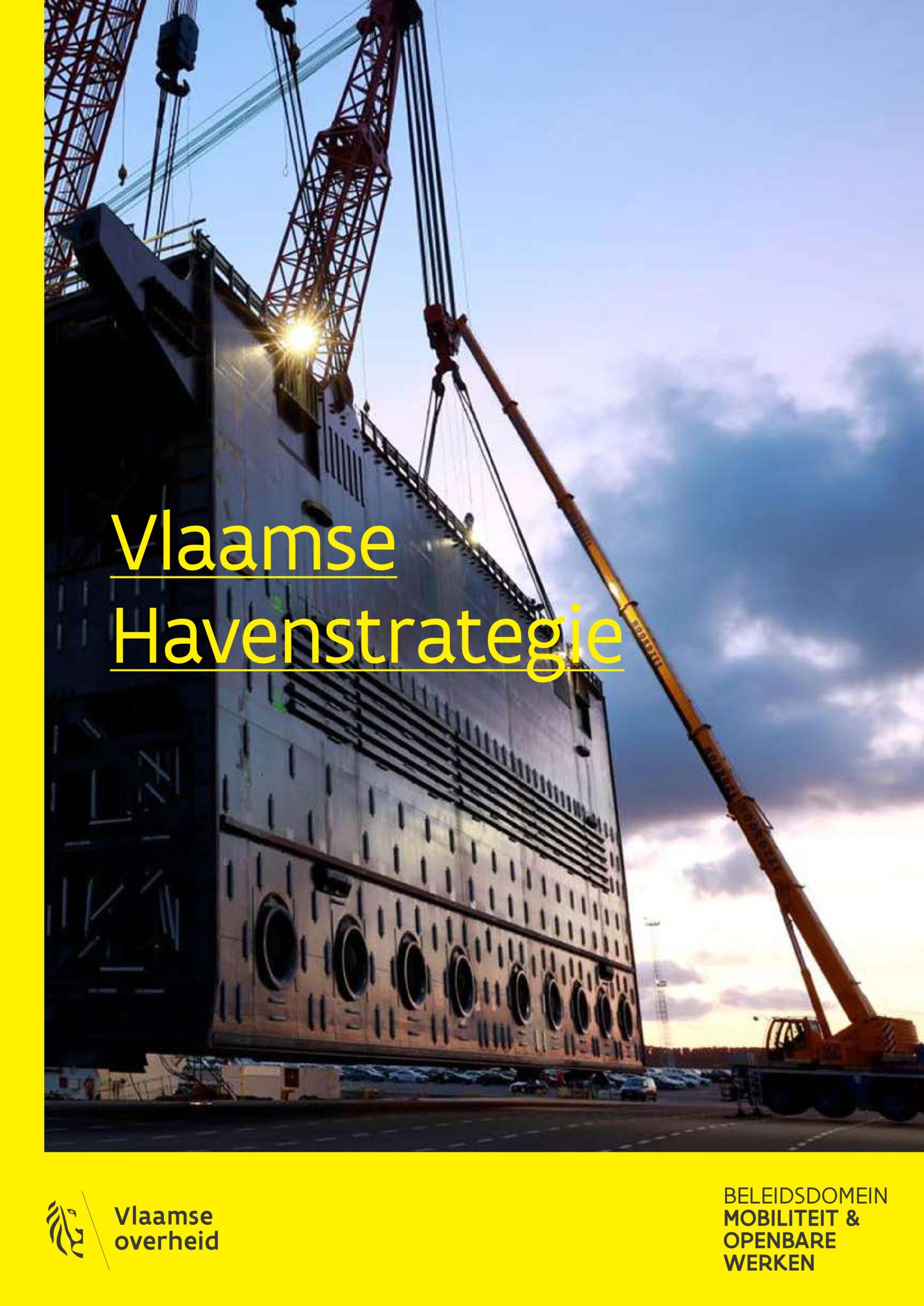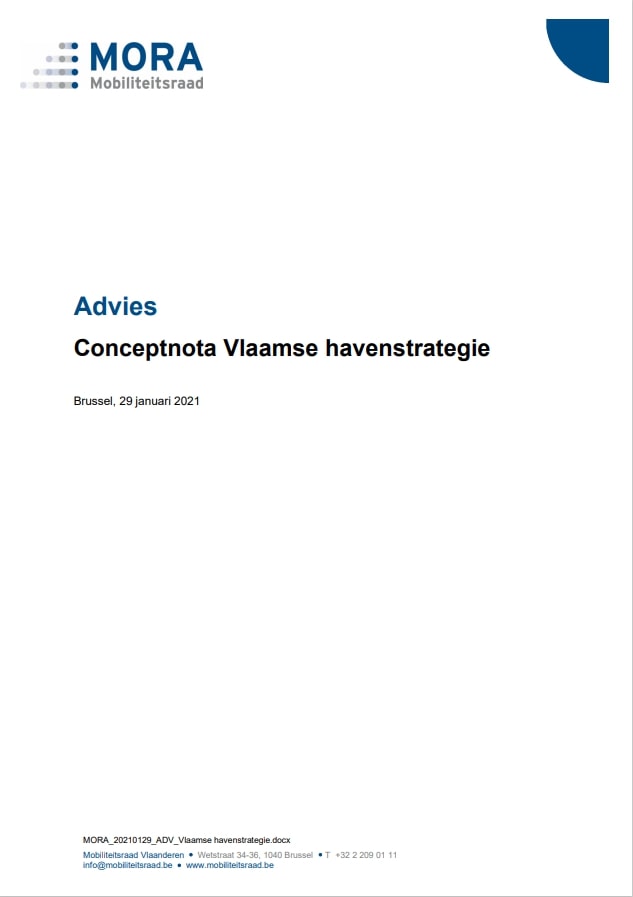Flemish Port Strategy 2030 approved
The Flemish government finally approved a new Port Strategy on Dec. 17, 2021. “With the strategy, we lay down the strategic objectives and spearheads for the Flemish seaports for the next ten years,” said Lydia Peeters, Flemish Minister for Mobility and Public Works. “It gives our ports every opportunity so that they can face new and complex challenges.”
New challenges require tailor-made solutions
The Flemish Government has always strongly focused on the accessibility and development of the infrastructure of the ports. The Flemish Port Decree has played an important role in this. The ports and the logistics sector in Flanders and elsewhere are now confronted with important new challenges. The new challenges are of such nature and magnitude that they cannot be tackled by one or more ports or the government individually. They require joined forces and the development of tailor-made solutions that make the advantages of our ports can be used optimally.
Three global objectives
The Flemish Government approved the Flemish Port Strategy on December 17th, 2021. With this new strategy, the Government is committed to broadening and deepening the port policy. This strategy covers a period of ten years and discusses three global objectives: to strengthen competitiveness, achieve sustainable growth and development, and increase added value.
Circular economy revisited
Circular economy has been on the agenda of Flemish ports for some time because it opens a wide range of business opportunities. Despite the European Circular Economy Action Plan (CEAP, 2015) and the Flemish government’s choice since 2017 to continue and support the circular economy as a region-wide transition priority, circularity had not really been made explicit in the Flemish port policy until now. This is a good thing because ports face a number of challenges if they are to be integrated into the circular economy. Moreover, climate, a low-carbon and circular economy, as well as other port issues, should always be related.
“Investing in the circular economy is an opportunity to increase the added value of ports”, the Flemish Advisory Council for Mobility Policy indicates. “It is important to clarify circular goals and to see what it means for all aspects of port policy.” The Flemish ports will also fulfill a circular hub function in the circular transition in a European context. According to the Council, the link with the necessary capacity increase for that transition is not yet sufficiently made.
Joint framework for projects
Following the final approval of the Flemish Port Strategy, the Flemish Government also approved a package of individual agreements between the ports of Antwerp, Ostend, Zeebrugge, North Sea Port and the Flemish Region. The aim of the individual agreements is to designate a first series of projects for each port in Flanders that will make the strategic themes in the Flemish Port Strategy concrete. The agreements are concluded for a term of 4 years (2022-2025). In view of the fact that the Flemish Port Strategy has been drawn up with a 10-year horizon, the intention is to further refine this new framework for the joint implementation of projects that fit within the Flemish Port Strategy in the future.



